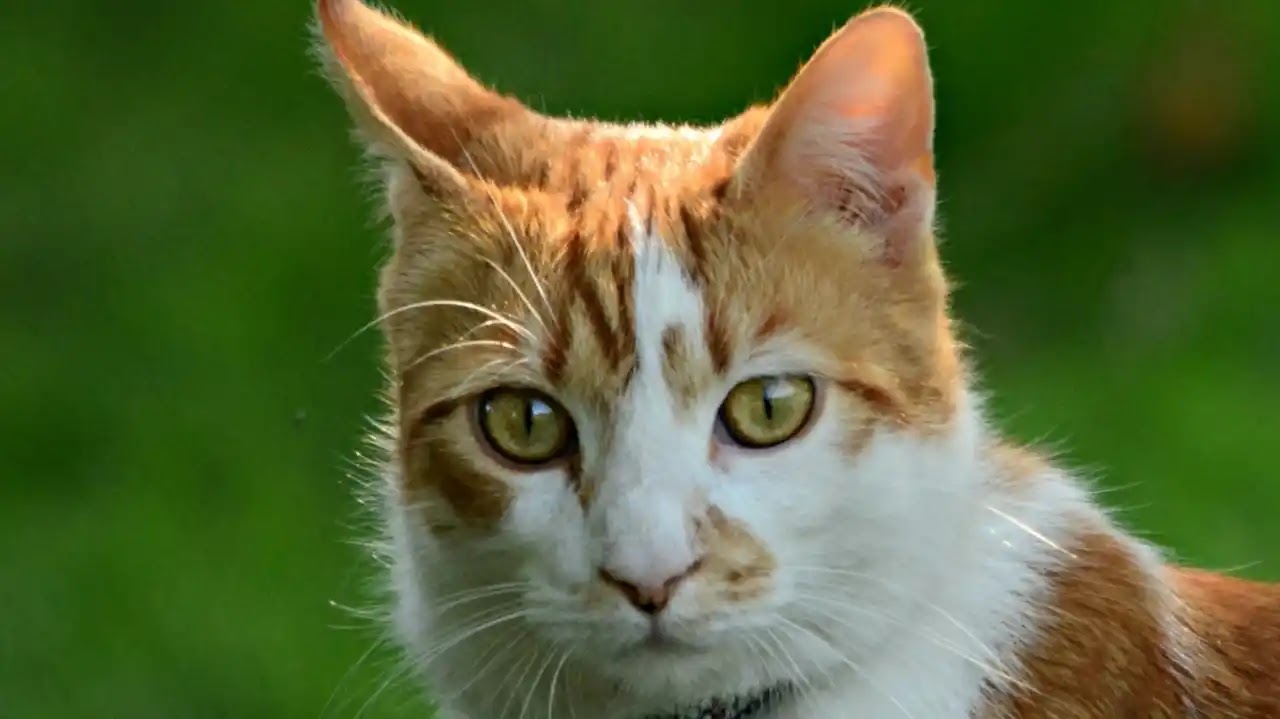introduction
Welcome to our informative blog post about why your cat's ears might feel hot. In this article, we will explore six potential reasons for concern, helping you understand when it's necessary to take action to ensure your cat's health and well-being.
table about causes of hot ear of cat
| Reason for Concern | Information |
|---|---|
| 1. Fever | If your cat's ears feel hot and they also have other signs of illness such as lethargy, loss of appetite, or coughing, they might have a fever. It's important to monitor their temperature and consult a veterinarian if necessary. |
| 2. Infection | Hot ears can be a sign of an ear infection. Look out for symptoms like redness, discharge, or your cat constantly scratching their ears. A vet can diagnose and provide appropriate treatment. |
| 3. Allergies | Allergies can cause inflammation and make your cat's ears feel warm. If you notice your cat frequently scratching their ears or shaking their head, allergies could be the culprit. Consult with a vet to determine the best course of action. |
| 4. Sunburn | Cats with light-colored or thin hair on their ears are more susceptible to sunburn. If your cat's ears are hot and they have been exposed to excessive sunlight, it's important to protect their ears from further sun damage. Speak to a vet about options for sun protection. |
| 5. Stress | Stress can cause changes in a cat's body temperature, including warm ears. If your cat is in a new environment, experiencing changes at home, or feeling anxious, their ears might feel hot. Providing a calm and secure environment can help alleviate stress. |
| 6. Overheating | If your cat's ears feel excessively hot to the touch and they are showing signs of distress such as panting, drooling, or weakness, they might be overheating. Move them to a cool area, offer fresh water, and consider seeking emergency veterinary care. |
My Cat's Ears Are Hot: 6 Reasons for Concern
When you notice that your cat's ears feel hot to the touch, it's important to pay attention as it could be a sign of an underlying issue. Here are six reasons why your cat's hot ears might be a cause for concern:
1. Fever
A cat's ears can become hot when they have a fever. If you observe other signs of illness such as lethargy, loss of appetite, or coughing, it's crucial to monitor their temperature. A fever can indicate an infection or another health problem, so consulting a veterinarian is advisable.
2. Infection
Hot ears may be a sign of an ear infection. If you notice redness, discharge, or if your cat constantly scratches their ears, it's likely that an infection is present. Professional diagnosis and appropriate treatment from a vet are necessary to address the issue and prevent further complications.
3. Allergies
Inflammation caused by allergies can result in hot ears for your cat. Frequent scratching or head shaking are common symptoms. Consulting a veterinarian will help identify potential allergens and determine the best course of action to alleviate your cat's discomfort.
4. Sunburn
Cats with light-colored or thin hair on their ears are susceptible to sunburn. Excessive exposure to sunlight can cause the ears to feel hot. To protect your cat's ears from further sun damage, consider limiting their sun exposure and discussing with a veterinarian about suitable sun protection options.
5. Stress
Changes in a cat's body temperature, including hot ears, can occur due to stress. If your cat is in a new environment, experiencing changes at home, or feeling anxious, their ears might feel warm. Creating a calm and secure environment can help alleviate stress-related temperature changes.
6. Overheating
If your cat's ears feel excessively hot to the touch and they exhibit signs of distress such as panting, drooling, or weakness, they might be overheating. Urgent measures are required in such cases. Move your cat to a cool area, offer fresh water, and seek immediate veterinary care if necessary.
Remember, the information provided here is for reference purposes and does not substitute professional veterinary advice. If you have concerns about your cat's health or well-being, always consult a veterinarian for a proper diagnosis and appropriate guidance.
References:
- Veterinary Medical Guide: Cat Anatomy and Physiology
- Cat Health: Common Cat Health Issues and How to Address Them
- Cat Care: Understanding and Managing Feline Allergies


